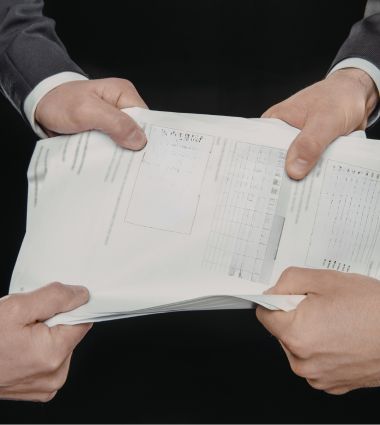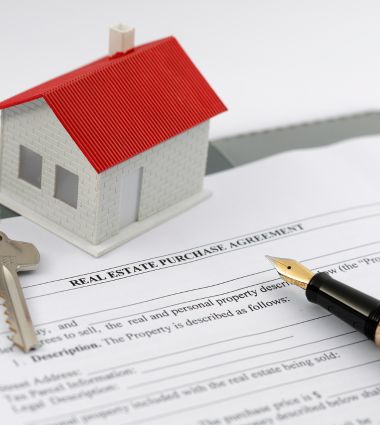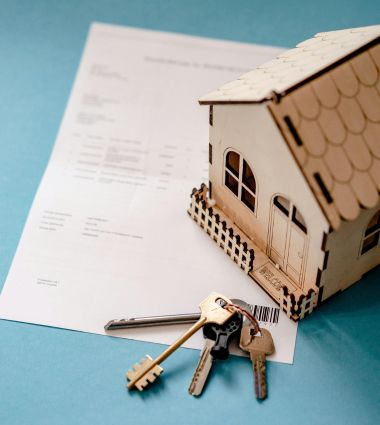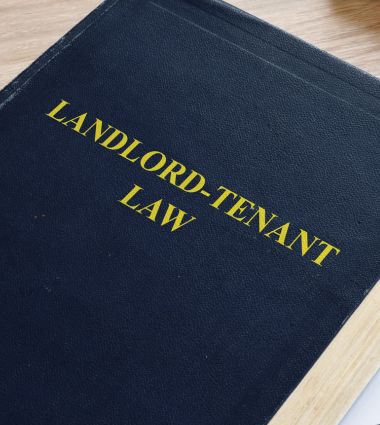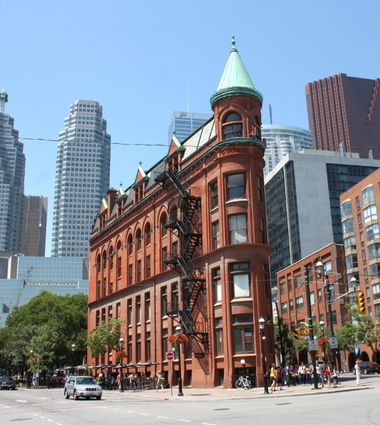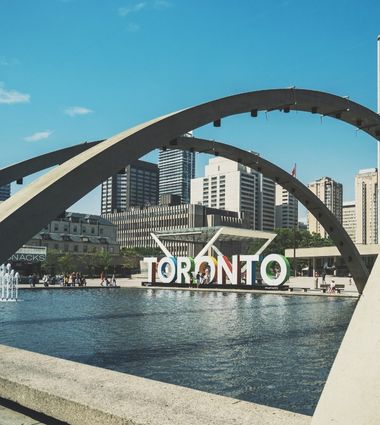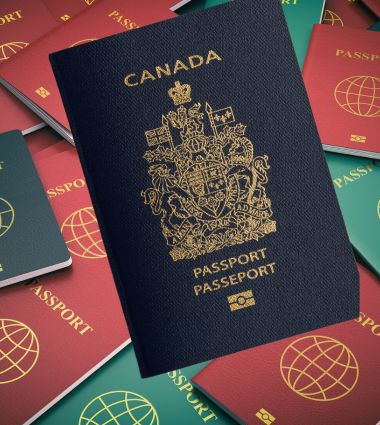How Much Are Closing Costs in Canada? A Complete Breakdown for Buyers & Sellers
Purchasing or selling a home in Canada involves more than just the property's price tag. Closing costs—the additional fees and expenses incurred during the finalization of a real estate transaction—can significantly impact your budget. These costs typically range from 1.5% to 4% of the home's purchase price, depending on factors such as location and property type.
Understanding these closing costs in Canada is crucial for both buyers and sellers to avoid financial surprises. In this comprehensive guide, we break down the common closing costs, helping you navigate the real estate process with clarity and confidence.
What Are Closing Costs?
When buying or selling a home in Canada, closing costs are the final round of expenses that come due before the property officially changes hands. They aren’t part of your mortgage or purchase price—they’re extra out-of-pocket costs that cover legal, administrative, and property-related fees.
For buyers, closing costs may include land transfer tax, legal fees, title insurance, inspection fees, and mortgage-related charges. Sellers often face realtor commissions, legal fees, and adjustments for utilities or taxes.
Who Pays Closing Costs in Canada?
Closing costs aren’t just a buyer’s responsibility—both parties have expenses. Costs vary depending on the province, property type, and purchase agreement terms.
Do Buyers Pay Closing Costs in Canada?
Yes, buyers typically pay the majority of the closing costs, including:
- Land Transfer Tax (provincial + municipal if in Toronto)
- Legal fees and disbursements
- Title insurance
- Property tax and utility adjustments
- Home inspection and appraisal fees
- Mortgage setup costs (e.g., CMHC insurance, lender fees)
These charges are usually due just before closing and can add up to thousands on top of your down payment.
Do Sellers Have Closing Costs Too?
Yes, sellers in Canada also have closing expenses, including:
- Real estate agent commissions (typically 4–5% of sale price)
- Legal fees
- Mortgage discharge or penalty fees
- Adjustments for prepaid property taxes or utilities
Commissions are usually the seller’s biggest cost and are deducted from the sale proceeds.
Can Closing Costs Be Negotiated?
In some cases, yes. In hot markets, buyers may offer to cover more. In slower markets, sellers might absorb costs to incentivize a sale. It depends on the offer terms.
Typical Closing Costs for Buyers in Canada
Here’s what buyers in Ontario can expect:
1. Land Transfer Tax (LTT)
This is one of the largest closing costs. Toronto buyers pay both provincial and municipal LTT. First-time buyers may qualify for up to $4,000 in rebates.
2. Legal Fees and Disbursements
Real estate lawyers charge $800–$2,000, depending on complexity. This includes title search, reviewing agreements, registering deeds, and communicating with lenders.
3. Title Insurance
A one-time cost of $250–$400 to protect against title defects or unpaid taxes.
4. Property Tax and Utility Adjustments
If the seller prepaid, you'll reimburse them for any portion beyond the closing date.
5. Home Inspection and Appraisal
Home inspections cost $300–$500. Appraisals for mortgage approval cost $400–$700.
6. Mortgage-Related Costs
- Mortgage default insurance (if <20% down)
- CMHC premiums + PST at closing
- Lender/broker fees
7. Moving and Miscellaneous Costs
- Moving costs
- Utility hookups
- Condo status certificate (~$100)
- Survey (if not provided by seller)
Closing Costs for Sellers in Canada
Here’s what sellers can expect:
1. Real Estate Agent Commission
Usually 4%–5% of the sale price, split between agents. Paid out of sale proceeds. Real estate lawyers help calculate this accurately.
2. Legal Fees
Range: $700–$1,500, including disbursements like title searches and wire fees.
3. Mortgage Discharge Penalties
If you break your mortgage term, lenders may charge a fee (often 3 months' interest or more). Discharge fees range from $200–$400.
4. Adjustments
Refunds for prepaid taxes or utilities are calculated and paid out on closing.
Example: Selling a $750,000 condo in Toronto:
- Agent commission (5%) = $37,500
- Legal fees = $1,200
- Mortgage penalty = $3,000
- Tax adjustment credit = $500
Total closing costs: ~$41,200
How to Estimate Your Total Closing Costs
Ask your real estate lawyer for a complete cost estimate. Here's a sample breakdown:
For Buyers:
- Land Transfer Tax (up to $15,000+ in Toronto)
- Legal Fees ($1,000–$2,500)
- Title Insurance (under $500)
- Inspection & Appraisal ($300–$600 each)
- CMHC Insurance (if applicable)
- Tax/Utility Adjustments
For Sellers:
- Real Estate Commission (4–5%)
- Legal Fees ($1,000–$1,500)
- Mortgage Discharge Penalties
- Condo Status Certificate (~$100)
Quick Tip:
Always confirm with your lawyer early. The sooner you know, the better you can budget.
How a Real Estate Lawyer Helps
1. Accurate Cost Breakdown
Your lawyer reviews your contract and closing costs ahead of time, helping avoid surprises.
2. Handling Adjustments
They manage taxes, utilities, deposits, and ensure smooth fund transfers between all parties.
3. Title & Insurance
Lawyers handle title insurance, registrations, and all legal disbursements.
4. Peace of Mind
With a qualified lawyer, your closing is stress-free, secure, and compliant with Ontario law.
Need Help with Closing Costs?
Khan Law helps clients across Ontario close deals with clarity and protection. From reviewing contracts to title transfer, we make sure no detail is missed.
Real Estate
Family Law
Wills & Estates
Immigration
Join Our Mailing List.
Sign up with your email to receive our newsletter and stay informed about the latest legal developments and special offers.





